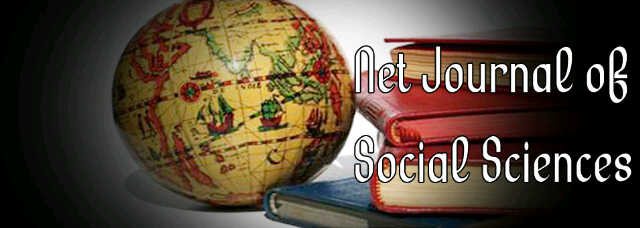Selestina Rodrigo: Convinced the British colonial government that education is a right for Buddhist women
Senaka A. SamarasingheNet Journal of Social Sciences
Published: November 27 2018
Volume 6, Issue 3
Pages 58-62
Abstract
Education was a significant tool of colonial policy in the consolidation of political power, and in the acculturation of a colonial society. In the 19th century among colonial rulers, British administrators encouraged Christian missionaries and educationists (both male and female) to introduce cultural imperialism, social class values and gender ideology prevalent in the Western societies. By doing so they anticipated to generate intermediaries of colonial acculturation in the local social organizations. With this intention in mind missionary schools were established for boys and girls. As a result, educational facilities as well as systematic education and native culture were deprived of advancement among Buddhist women (girls) in the Island. However, a few exceptional categories of women from the privileged class perhaps became privately versed in Sanskrit, Sinhala or Tamil. It was the Buddhist pirivena (Monastic Colleges) education carried out in the temples and monasteries that survived this cultural deprivation for men. It was under these circumstances that Selestina Rodrigo (Mrs. Jeremias Dias) broke ranks to identify and cause the upliftment of the underprivileged rights of Buddhist women, by establishing a school called Visakha Vidyalaya. Her intentions were clear and appropriate in the context of the status of the women's education in Ceylon (now Sri Lanka). During this period, Selestina's vision was to guide female students to become good housewives. Further, without abandoning the country’s Sinhala and Buddhist identity, she introduced an element of modernization which went with the learning of the English language, by engaging students in western music (eg. piano playing), and participating in popular sports such as tennis. However, her main focus was to persist on a national educational curriculum. For this landmark intervention, Selestina was elevated and honoured as a Member of the British Empire (MBE) in 1929 by King George V of England. At a later stage, this innovative model of enhancing feminism was applied by pre and post independent rulers.
Keywords: Colonial, missionaries, imperialism, culture, gender, freedom, indigenous, deprived, education, women, Buddhist, rights, underprivileged, self-government, feminism.
Full Text PDF
